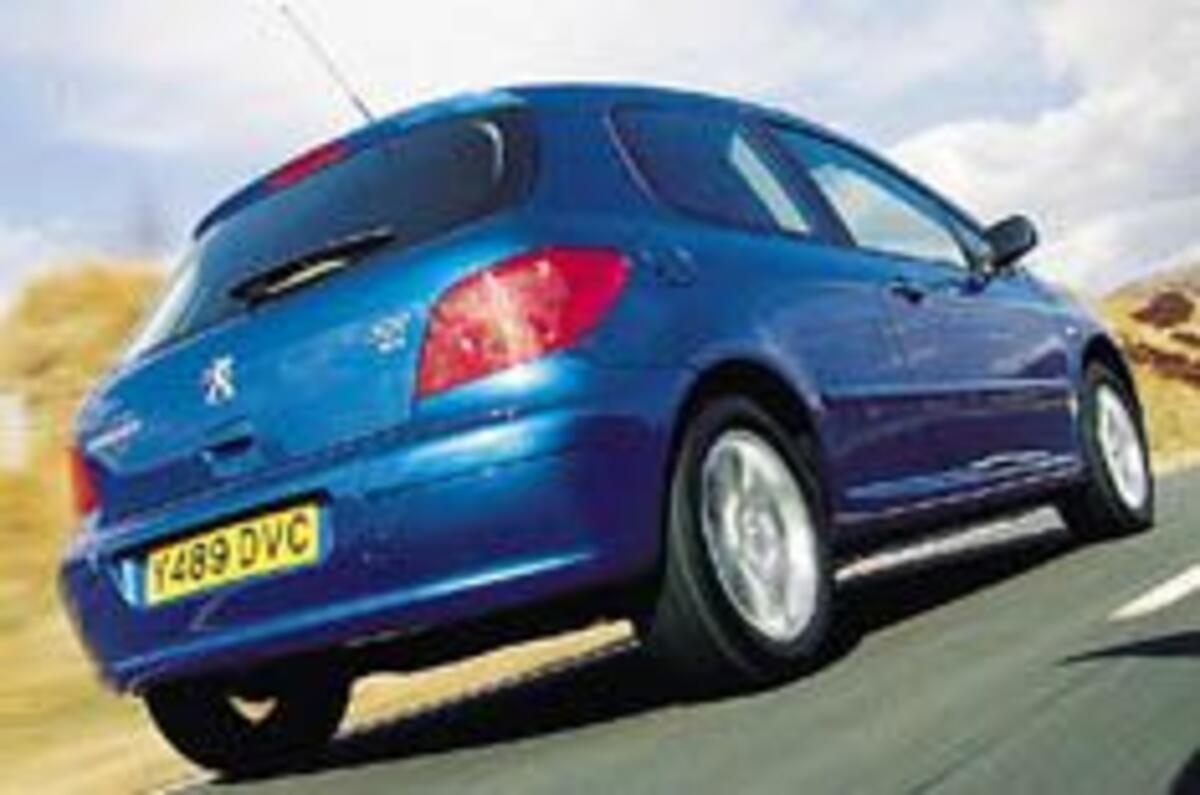PSA Peugeot Citroën has announced plans to develop ultra-clean hybrid diesel-electric technology that could eventually be offered in family hatchbacks such as the Peugeot 307 and Citroën’s Xsara replacement, the C4.
The proposed hybrid powertrain has a carbon dioxide emissions target of just 89.5g/km over the combined cycle, compared with 120g/km for the current cleanest 307, the 1.4Hdi.
The £3 million Efficient-C project is being funded by the Government’s Ultra-Low Carbon Vehicle Challenge. The first 18 months will be spent developing a hybrid powertrain, mating a 90bhp common-rail diesel engine to a direct-current electric motor and an automated manual transmission in a Citroën Berlingo Multispace.
A stop/start function for the diesel engine and all-electric power at low speeds will conserve fuel in town, while the motor-generator will recharge under braking. Energy will be stored in a bank of nickel-metal hydride or lithium-ion batteries.
PSA has teamed up with automotive consultancy Ricardo UK Ltd and technology experts from QinetiQ.
They want the car to be drivable as well as clean and are forecasting a 0-62mph time of less than 13.0sec and a top speed of over 90mph.
PSA already has experience of electric vehicles, such as the now-defunct 106 Electric (pictured). Electric Citroën vans are still on sale.





Add your comment